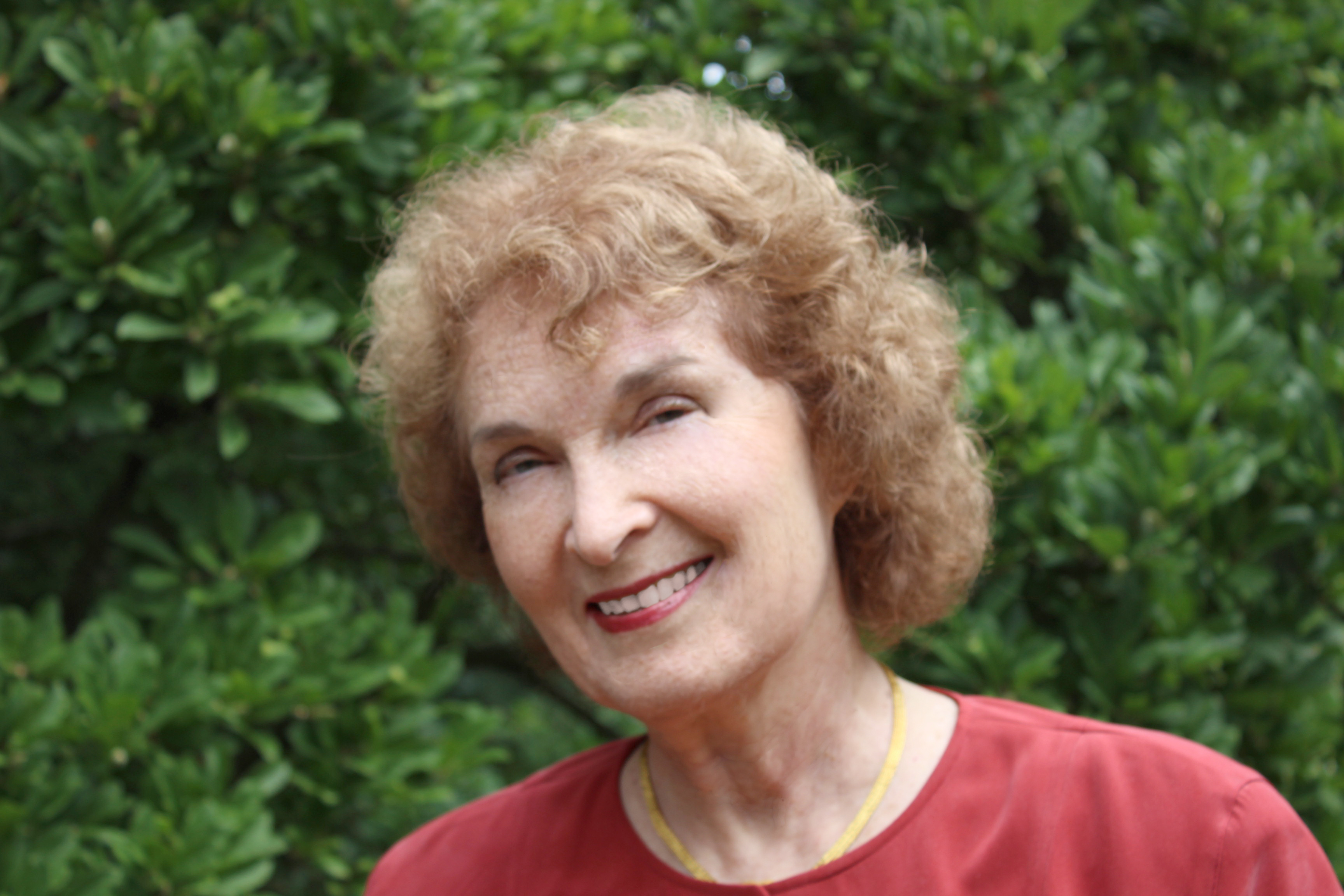- Monica Starkman
- [SWP: Behind the Book] How This Psychiatrist Wrote a Novel

When psychiatrists write novels, this question comes up: can they translate their clinical knowledge of people into good fiction? Are their novels good reads and enjoyable as well as illuminating?
 Psychiatrists/novelists have several advantages. In creating a fictional character, they can draw from a deep well of experience the specifics of how such a person might think, feel and behave. For any fictional character to be believable, their actions must emerge from their past and personality, and psychiatrists have a deep knowledge of the motivations that drive people's behavior. And, of course, psychiatrists can give readers a unique insider's view of how psychiatrists think, diagnose and treat.
Psychiatrists/novelists have several advantages. In creating a fictional character, they can draw from a deep well of experience the specifics of how such a person might think, feel and behave. For any fictional character to be believable, their actions must emerge from their past and personality, and psychiatrists have a deep knowledge of the motivations that drive people's behavior. And, of course, psychiatrists can give readers a unique insider's view of how psychiatrists think, diagnose and treat.
However, there are pitfalls for the psychiatrist/novelist. Good novels need to bring readers close to a character’s emotional as well as their physical world - the writing must be so vivid that readers feel in their presence. But doctors are trained to do a very different kind of writing, such as fact-filled, objective case summaries. The would-be novelist has to learn the literary techniques that turn imagined characters into human beings that come alive on the page.
This, of course, is the task for all novelists. Here, I’d like to share what I learned about writing a novel in the process of doing it.
First, a brief orientation to The End of Miracles: The novel is about the psychological journey of a woman whose deep need to bear a child is sabotaged by infertility and miscarriage. Grief and depression propel Margo into a false pregnancy and then a turbulent psychiatric hospitalization. Outside, she impulsively commits an act with such harrowing consequences for herself and others that an intense legal and psychiatric battle breaks out.
Goals
It’s important to have specific goals in mind before one begins writing a novel. (Sometimes they become modified once one is deep in the work). For me. on a personal level, I wanted to give something back to the world of literature in return for the enormous reading pleasure I’ve received from books since childhood. I also thought I might have the potential to write a good book, and felt strongly that I should give it a try. Professionally, I wanted to show psychiatry and psychiatrists as they really are, not as the devious or bumbling stereotypes so often portrayed in books and film. Also, it was important to me to show that people who develop a serious psychiatric illness such as severe depression are not that different from the rest of us.
Process
Some authors begin with a detailed chapter outline, some write spontaneously, and some alternate between these from book to book. My process was spontaneous, trusting my subconscious to direct me where the novel needed to go. After I wrote the first chapter, I wrote the others not in any particular order. (This was a continuation of my way of writing scientific papers as well.) It worked best for me to write what was closest to the surface and "wanted" to be written.
Finding the time to write is an issue for almost every author. I kept a notepad and pencil on my nightstand, because often I would awaken with some thoughts that, once scribbled down, led to easy expansion the next writing day. Sometimes, I would tell myself in the morning before heading out to work: "Brain, I have to go to work, so in the meantime you keep writing this chapter." Often, to my surprise, at the end of such a day when I settled down to write, several paragraphs or a section would emerge quickly and easily.
Writing technique
I had never taken a course in creative writing. So I first turned to what was familiar and comfortable: researching a topic. I read a few books about writing, and found them not very helpful. (One book that was helpful is Stephen King's On Writing.)
I was a good enough reader to know when something wasn't right, but I didn't know how to fix it. I begin reading novels in a different way. I started reading the very best on two levels: for the story, and also for the techniques the author used to solve problems that I was coming up against.
My best writing tool turned out to be a thesaurus. It was indispensable, because I found myself uncomfortable until I found exactly the right word I wanted. In turn, finding that exact right word often unleashed the next sentences to be written.
The standard mantra: Show, don't tell, didn't work for me. My process turned out to be: Show, then tell. After showing an action or a dialogue, following it with relevant ‘telling’ had a deepening effect. I also avoided adverbs almost completely - they seemed to ‘tell’ too much and would limit the reader’s own imagination and engagement.
A Specific Writing Challenge
A specific problem I had was how to provide, in a novelistic way, a deep psychological portrayal of my character - and then, to show how a psychiatrist puts information, history, and patient observation together to arrive at a psychiatric understanding, a diagnosis, and a plan for treatment. In the first paragraph of the novel, I wrote a vivid dream that prepares the reader for the fantasies and inner psychological life that will be a major part of the novel to come. Throughout the book, I wove in things that foreshadowed feelings and events to come. I then wrote a clinical case conference that takes place on a psychiatric unit to show, in a realistic yet dramatized fashion, the give and take among psychiatrists as they analyze the biological, psychological and social contributing factors to an illness and come to a diagnosis and treatment plan.
The final revision
After spending much time on each sentence, paragraph and chapter, the goal of the final read was to consider my novel as a kind of symphony that had to flow from beginning to end. In this last revision, my experience in writing research grants was useful: there, if any sentence did not increase the likelihood of convincing the sponsor to give me the grant, I deleted it. This helped me toss out a beloved chapter, because it held up the flow and momentum of the novel as a whole.
The need for validation
As I was writing The End of Miracles, I felt a bit like an imposter - a psychiatrist pretending to be a novelist. Because of this, I awaited the responses of professional reviewers with a great deal of trepidation.
I can't describe the feeling I had when I read these words from the outstanding author, literary editor, and professor of writing Roger Rosenblatt (Making Toast is his extraordinary memoir): “a penetrating look at the drastic capabilities of the obsessed mind. Written beautifully and carefully, at just the right pace ... thoroughly compelling.” Then, Booklist reviewed it as “superbly well–written and gripping … powerfully reveals the complexity and strength of the human mind."
 Meeting My Goals
Meeting My Goals
These comments – and those of readers - helped me realize that I’d met my most important goals: giving back with a book that gives others reading pleasure, and showing patients with psychiatric illness in a way that engenders understanding and empathy.
My best wishes to my fellow writers as you strive to meet your own goals
Writing Status Badges












Writing Status Badges












Featured Members (7)
Writing Status Badges

































